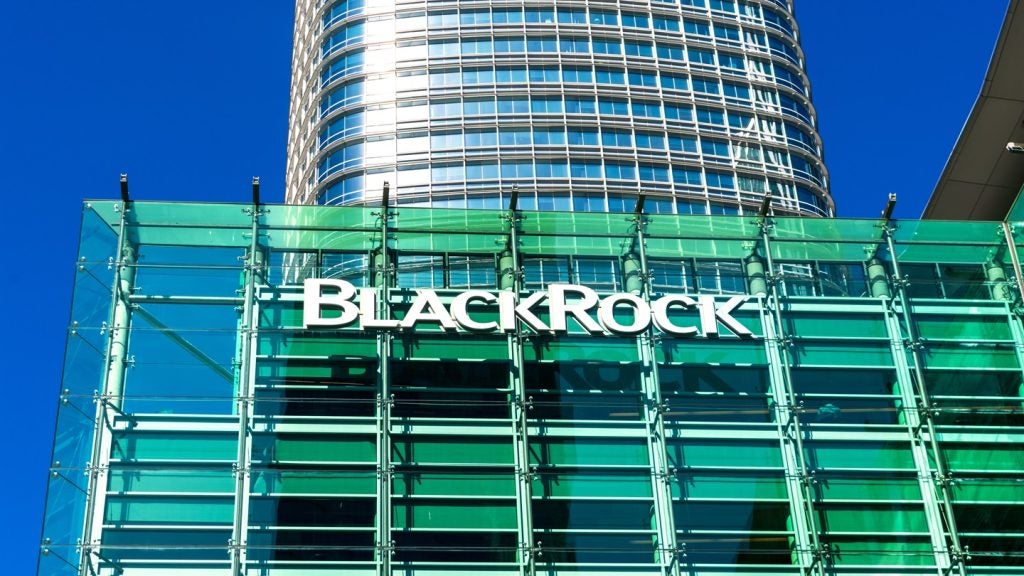Global Islamic fund assets stagnated at
$52.3bn in 2009, remaining relatively flat compared to 2008 levels
when assets stood at $51.4bn, reflecting uncertainty over the
potential returns from Sharia-compliant investments.
According to Ernst & Young’s (EY)
Islamic Funds & Investment Report, Islamic funds
contribute only a fraction of the overall Islamic asset management
industry estimated at $292bn.
EY’s report said the Sharia-compliant
investable wealth pool grew by 20% to $480bn in 2009 with Gulf
Co-operation Council countries remaining the single biggest
contributor.
Ernst & Young’s research
confirmed doubts around Islamic investments expressed by industry
leaders at a recent Middle East PBI round table.
Questions linger
How well do you really know your competitors?
Access the most comprehensive Company Profiles on the market, powered by GlobalData. Save hours of research. Gain competitive edge.

Thank you!
Your download email will arrive shortly
Not ready to buy yet? Download a free sample
We are confident about the unique quality of our Company Profiles. However, we want you to make the most beneficial decision for your business, so we offer a free sample that you can download by submitting the below form
By GlobalDataIslamic banking and Sharia-compliant products
and services are viewed as huge potential markets that are
constrained by a lack of depth in capital markets, while a shortage
of investment products are seen as fit for purpose.
Nigel Putt, Lloyds TSB International’s head of
private banking in Dubai, said Lloyds had tried to establish
whether Islamic asset management was a viable way of generating
outperformance.
“While it does well in certain market
conditions, as recently when the financial services sector was
particularly hard hit, [Lloyds] are less convinced that it
naturally gives a base for outperformance given that it can also
carry higher costs than non-Sharia-compliant solutions,” Putt
said.
Investment product
shortage
Navid Goraya, BMB Group adviser to the
chairman, said there was a lack of products that could be offered
for proper wealth solutions.
“It is difficult to target clients if you do
not have the full range of products,” Goraya said.
SEI Middle East senior executive Jahangir Aka
added that choice was falling away among Sharia-compliant
solutions. He said this would continue unless private banks
committed more funds to make the products more viable.
Asset class changes
During 2009 there was a shift away from fund
investments in traditional asset classes, such as equities and real
estate funds, as a number of new alternative asset classes
including Sharia-compliant exchange traded funds and hedge funds
were launched, according to EY.
Almost 70% of Islamic fund managers are
struggling to build scale and have under $75m in assets under
management (AuM), while 55% had less than $50m in AuM.







